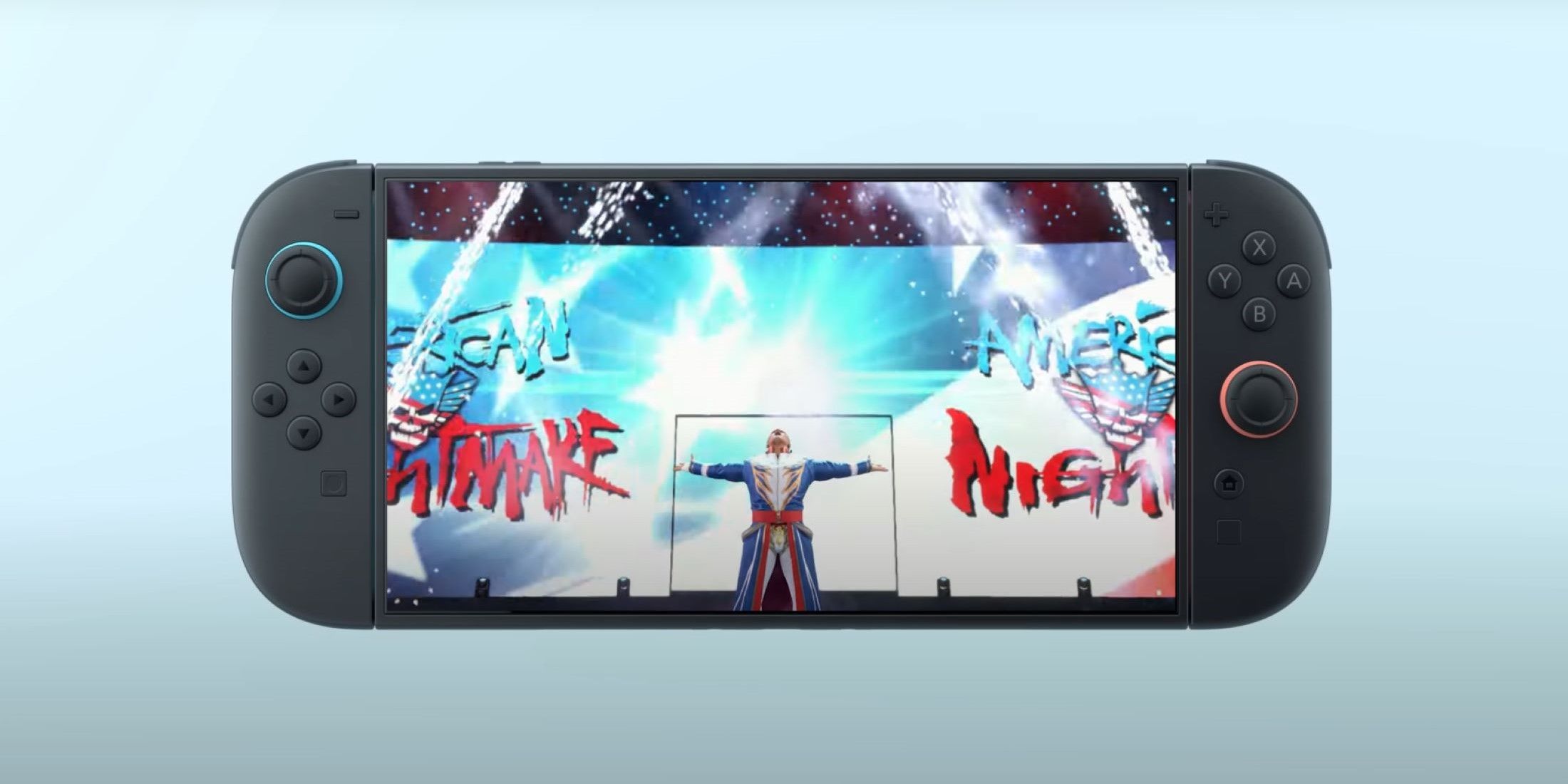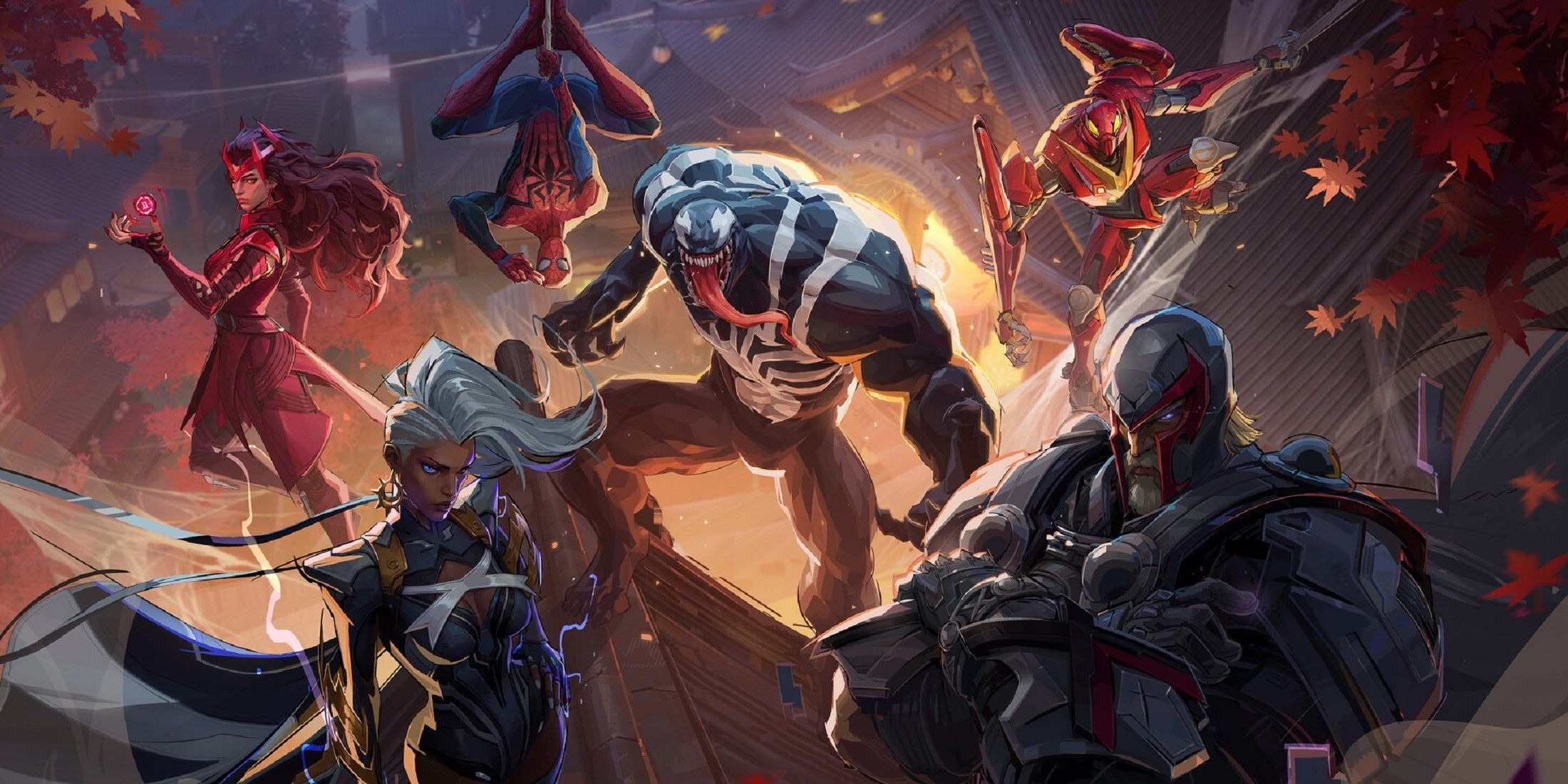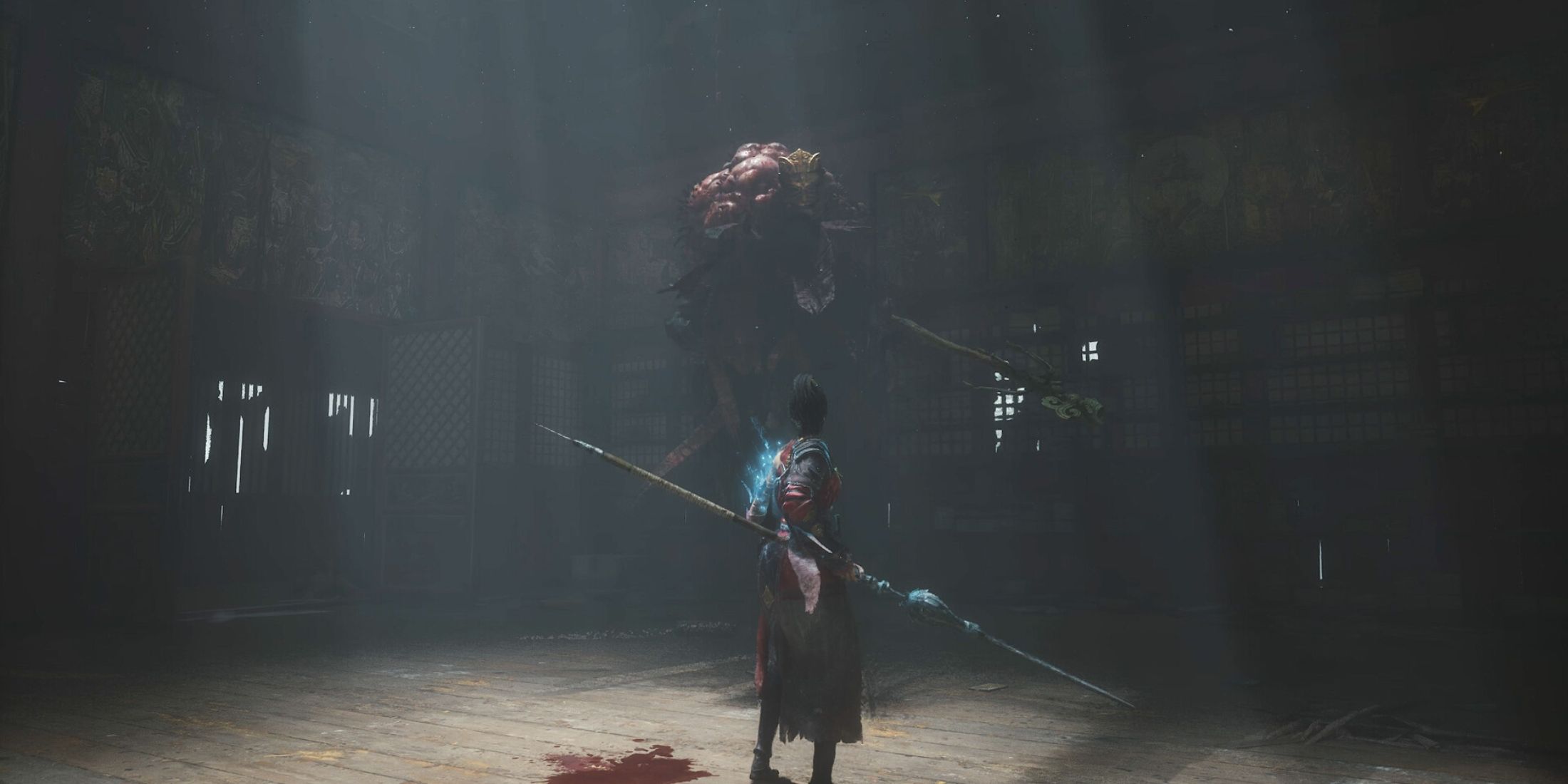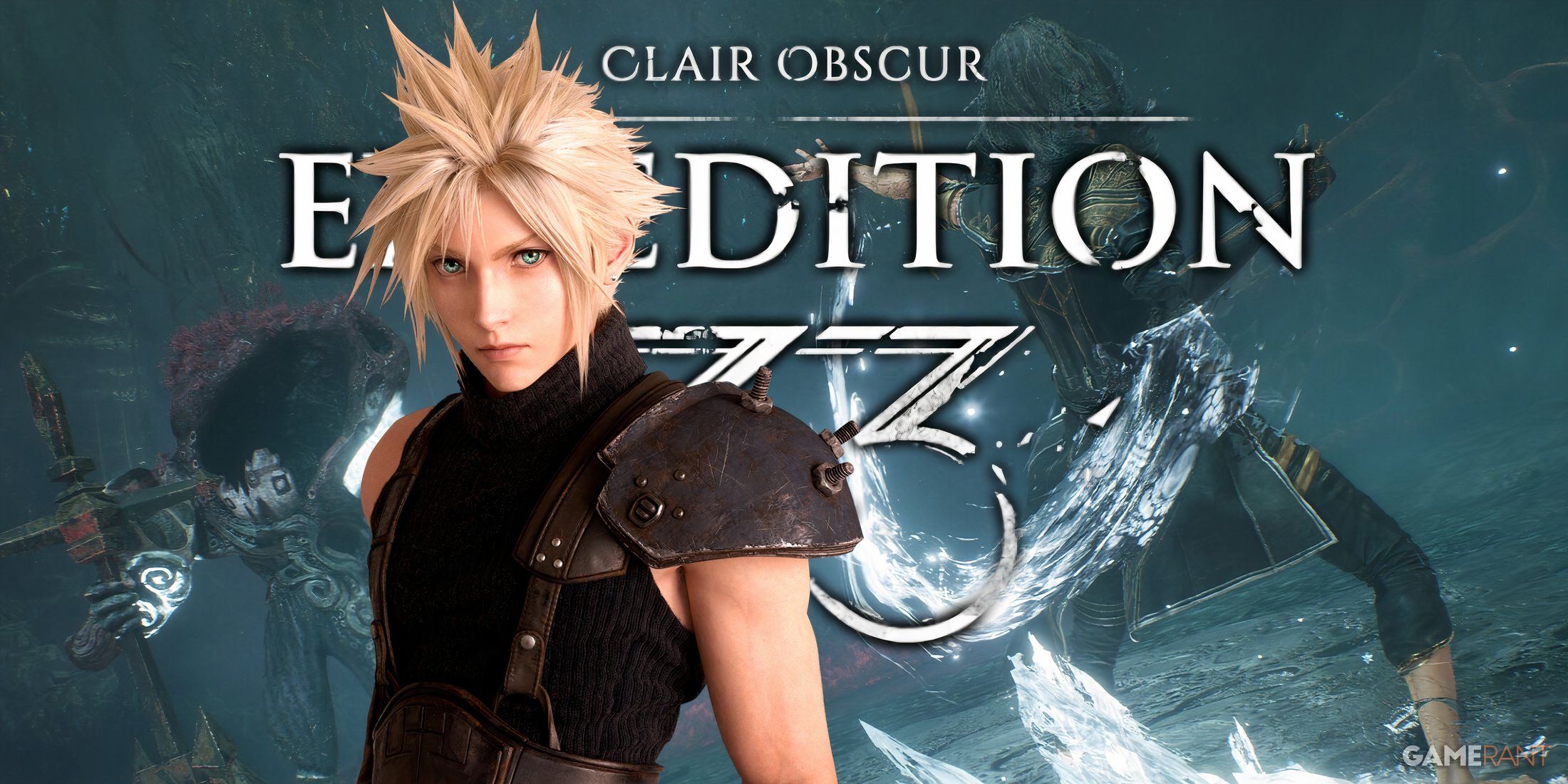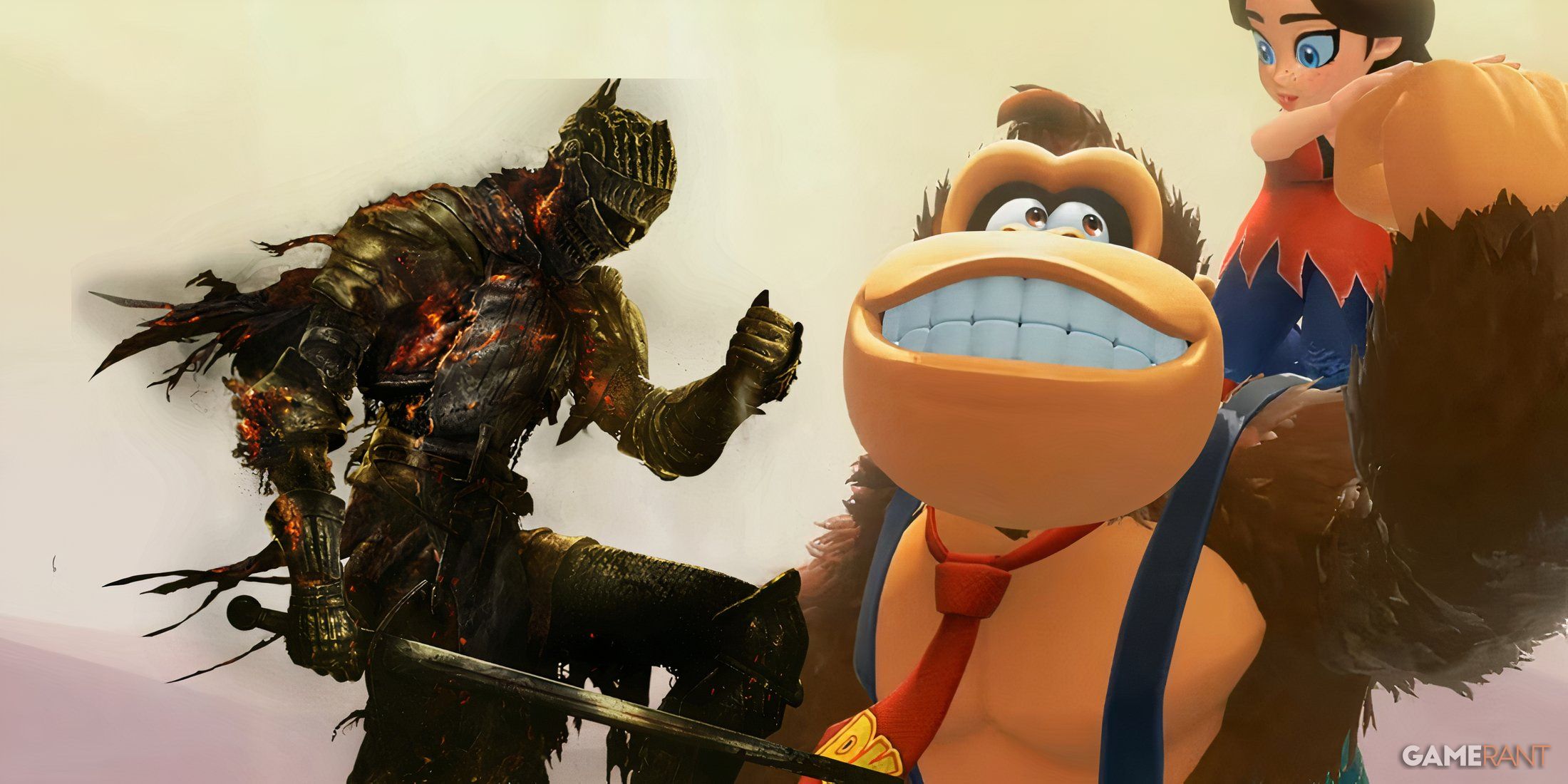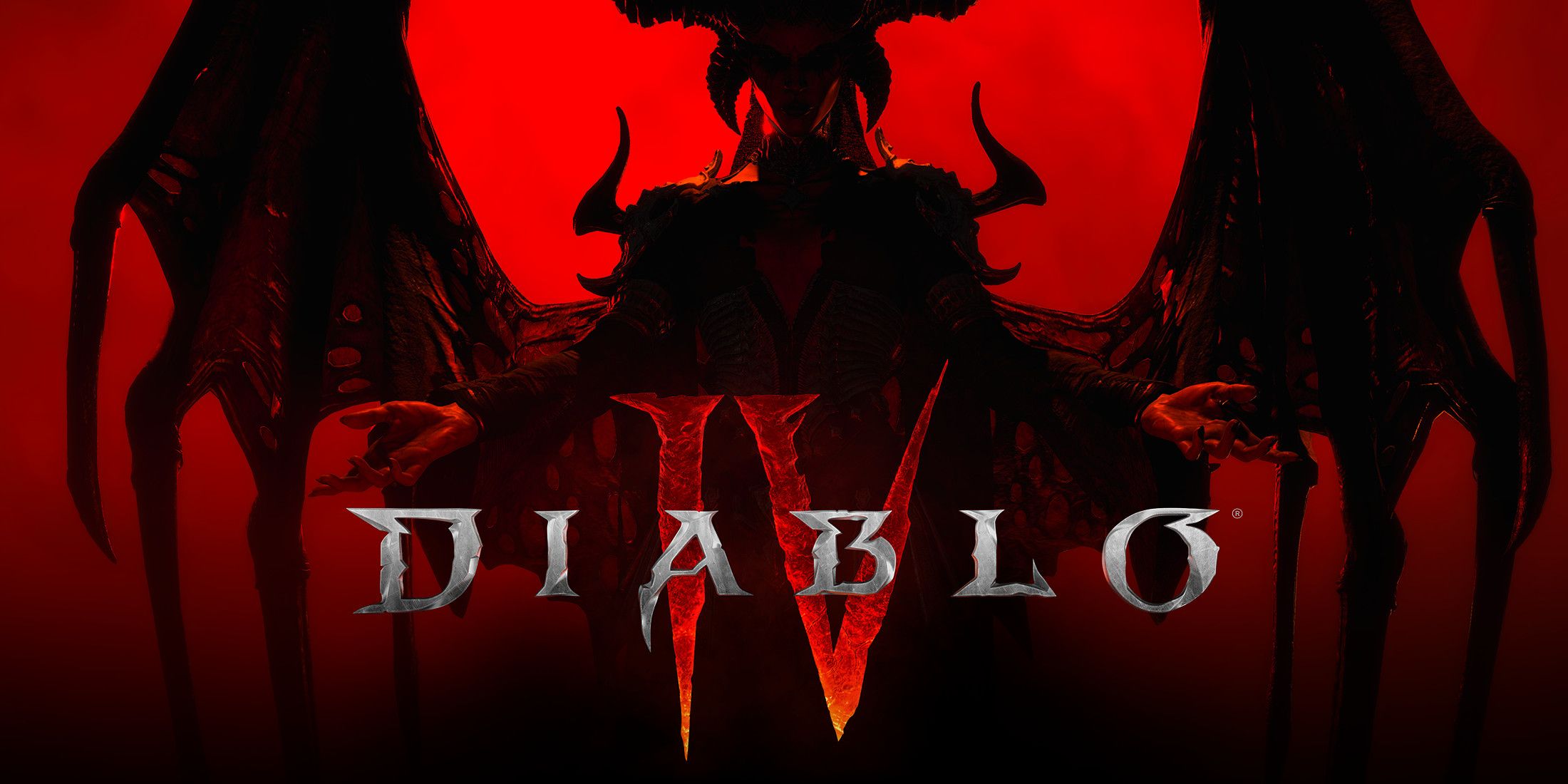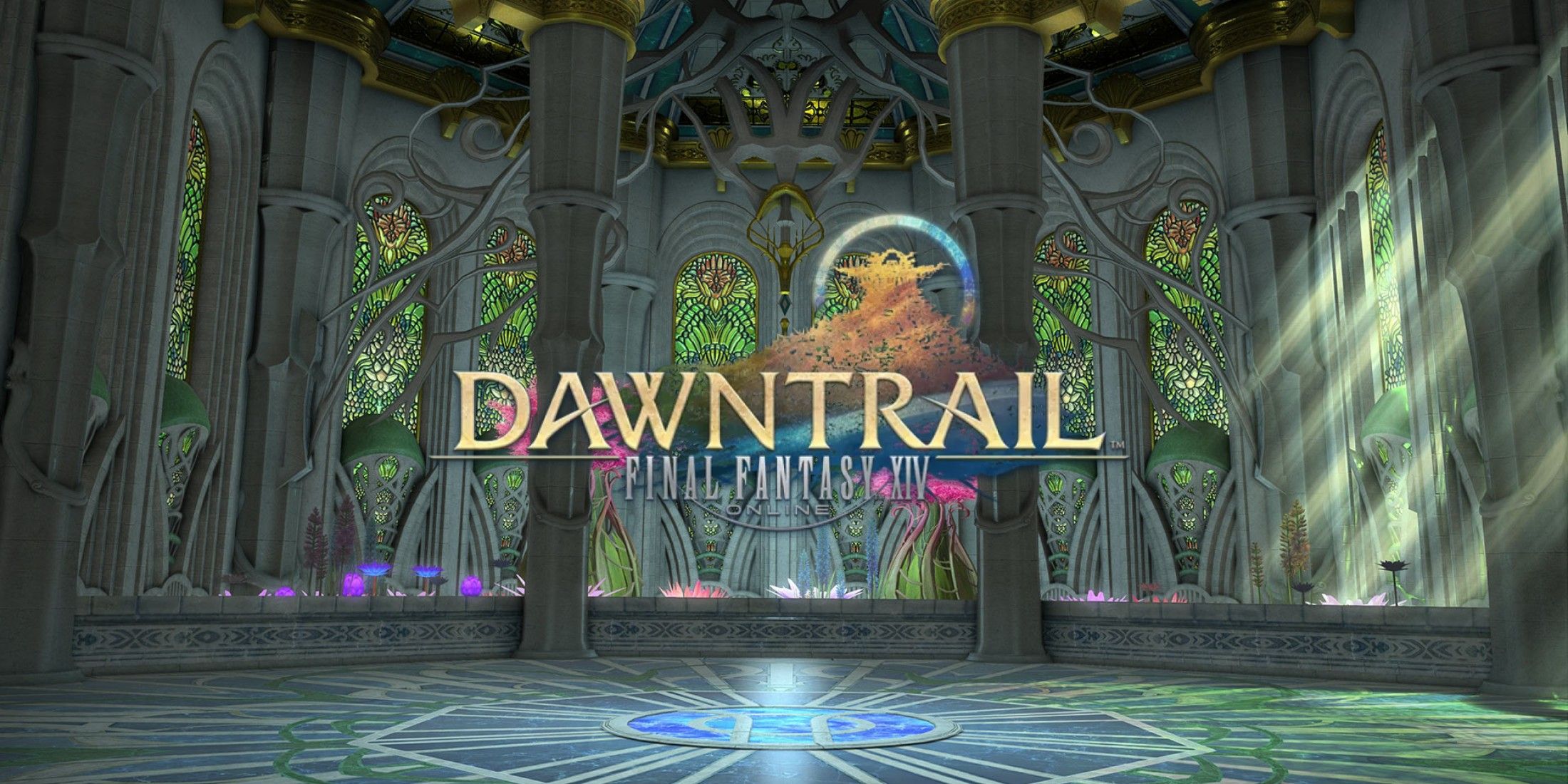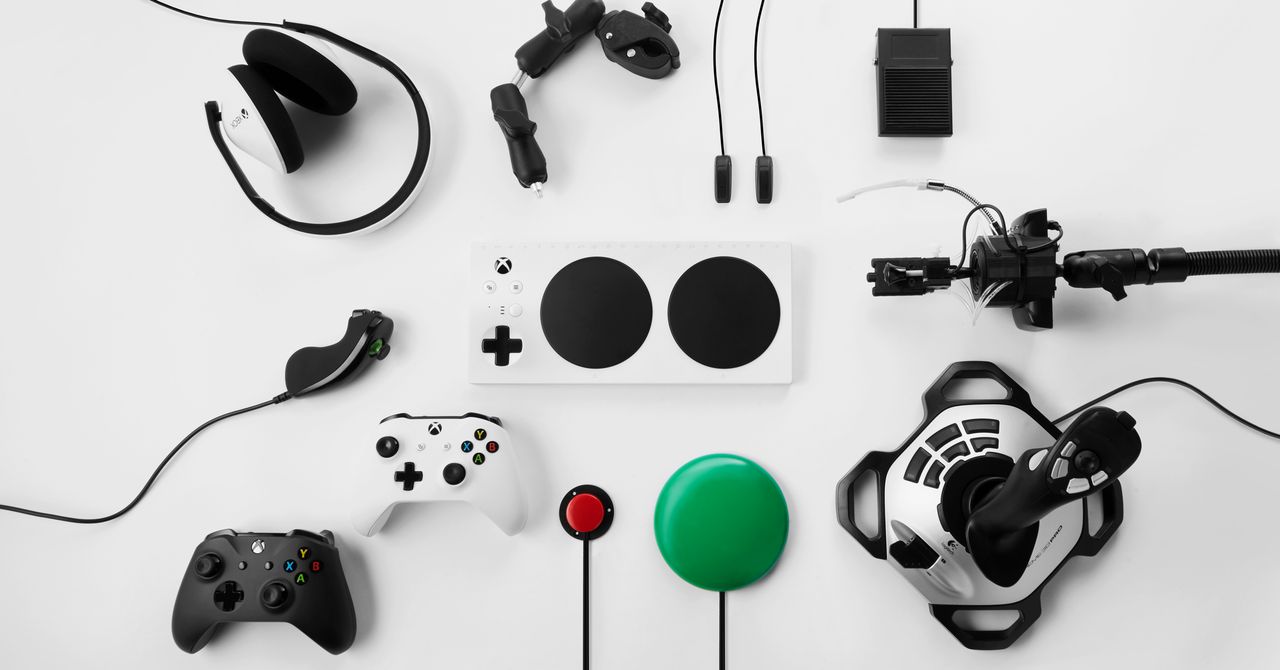
First off, let's get one thing straight: The "console wars" don't exist. The idea that Sony's PlayStation and Microsoft's Xbox are engaged in some kind of dogged winner-take-all battle is both outdated and toxic. It lets fans indulge in the idea that they're noble partisans, which in turn gives them an excuse to say offensive things about their so-called opponents. The videogame market is a big one and has more than enough space for multiple game devices from multiple manufacturers.
That said, if there were console wars, the Xbox One would be losing—but that's not a bad thing.
Related Stories
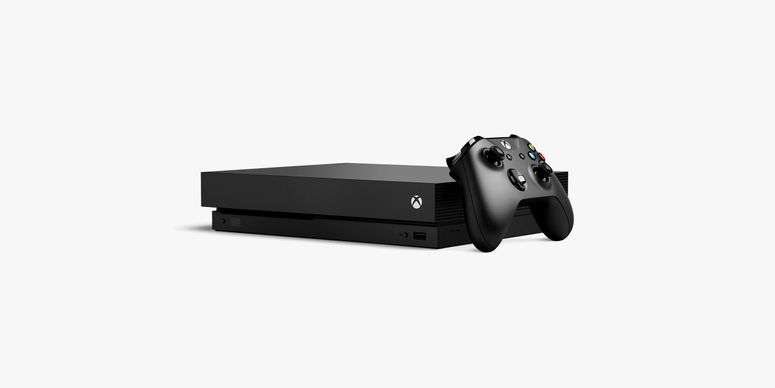 DealsThe Best Xbox One Deals, Bundles, and Essentials OnlineWIRED Staff
DealsThe Best Xbox One Deals, Bundles, and Essentials OnlineWIRED Staff Avatars EverywhereOculus and Facebook Push Social VR Into New TerritoryPeter Rubin
Avatars EverywhereOculus and Facebook Push Social VR Into New TerritoryPeter Rubin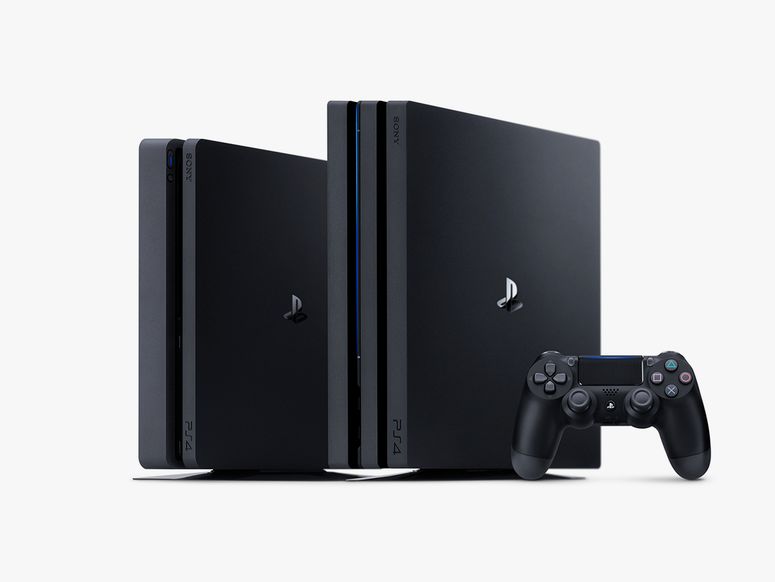 DealsWe Dug Up the Best PS4 Console Bundles and DealsJeffrey Van Camp and Jaina Grey
DealsWe Dug Up the Best PS4 Console Bundles and DealsJeffrey Van Camp and Jaina GreyAs far as anyone can tell, the Xbox One is currently getting outsold by Sony's PlayStation 4. (Eventually, the Nintendo Switch could lap both of them, but Nintendo's goals are so far removed from the "core gaming" market it seems unreasonable to force them into this race.) It's hard to tell for certain if that's true since Microsoft is being tight-lipped about Xbox sales numbers, but based on information from videogame publishers, it seems as though the company is trailing Sony by a fairly large margin. And from Microsoft's perspective, being outsold certainly matters. It informs the company's strategy and affects its profits. But there are benefits to second place. Or, at the very least, opportunities.
We've been here before. This time during the last console generation, the story was flipped. The PlayStation 3, after launching at an outrageous price and undergoing heavy criticism for its hardware design and controller limitations (no vibration?!), failed to capture a market share competitive with Microsoft's Xbox 360. So what did Sony do? It got creative.
If past is prologue, it would seem being in second place has a paradoxical effect on consoles: without the scrutiny of the largest audience possible, there's less pressure from fan bases to stay the course, which offers an opportunity to try new things. At the same time, the perceived failure of the product requires experimentation in order to find ways to capture a lost audience.
For the PlayStation 3, that meant ventures like PlayStation Home, a Second Life-esque social platform that was meant to be the backbone of its online service, or the PlayStation Move controllers, a clear attempt to marry the populist appeal of the Wii with the structures and audience of a hardcore gaming console. Neither of those experiments were exceptionally successful, but they were interesting, and in the Move's case helped to build a backbone of existing hardware that would allow Sony's later foray into VR on the PlayStation 4.
Xbox虽在主机战场上逐渐退后,这却是其战略性布局的明智之举——为长远发展蓄力。
It seems that Xbox is facing the declining end of console dominance, but this unfortunate reality could mark a shift towards greater innovation and competitive benefits for gamers.
Despite Xbox's current retreat in the console war, it represents a strategic move towards maintaining longevity and innovating for future successes.
(尽管Xbox目前在主机战争中处于退却状态,但这实际上是一种为长期维持生命力和未来成功创新而采取的战略性举措。)
The apparent decline of Xbox in the console battle marks a strategic shift towards innovation and quality over quantity, suggesting that success isn’t always measured by dominance but rather sustained progress.
The decline of Xbox in the console war may appear bleak at first glance, but it symbolizes a healthy evolution for gamers whereby innovation and diversity from multiple platforms could eventually lead to an even more exciting gaming future.
The article's thesis that Xbox is losing the console war but it could be a smart strategic retreat, safeguarding Microsoft’s long-term interest in gaming innovation and diversity amidst industry turbulence.
Xbox may seem to be falling behind in the console war, but this shift toward a more reversible loss is actually indicative of innovation and preparation for future successes.
A thoughtful take on the article's argument: Despite Xbox seemingly falling behind in its console war, this could very well be a positive development that pushes it to innovate further and eventually lead industry trends.
The claim that Xbox is falling behind in the console war while others see it as a positive development, suggests an evolution towards more sophisticated gaming experiences no longer anchored solely to traditional consoles.
Xbox may be retreating from the console war's forefront, but this shift toward a more strategic position could ultimately lead to its triumphant return—a testament that true dominance is built on resilience and not simply market share.
While Xbox may be on the back foot in current console wars, it's a testament to their commitment towards future-proofing and embracing innovations that might redefine gaming once again.
The narrative that Xbox seems to be falling behind in the console war may seem disheartening at first glance, but upon reflection it presents an opportunity for innovation and a reevaluation of traditional gaming strategies—a signposts towards progress.
While Xbox may be backing away from the intense console competition, it's a strategic move that ultimately positions them for future success and innovation.
While Xbox appears to be falling behind in the console war, this very development signals a healthy competition that ultimately benefits gamers with greater innovation and improved products.
The narrative that Xbox is falling behind in the console war may seem daunting, yet it presents an opportunity for innovation and reframe of competition dynamics—a challenging position with a silver lining.
Although Xbox appears to be in a decreasing trend within the console gaming market—a development seen by some as an ominous sign for its future successes— I view it positively, marking traction towards industry innovation and acceptance of new dominant players."


